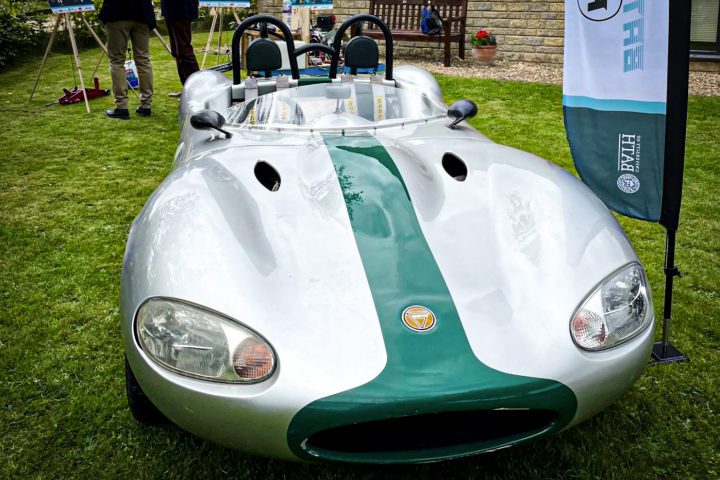How often do you find yourself with a portable computer burning up on your lap with strange noises coming from your fan? Thanks to a recent research conducted at Stanford University, bismuth telluride — a new, easy-to-manipulate material with unique electrical properties — could make computer fans a distant memory while allowing for much faster and power-efficient devices. Move over electronics - here comes spintronics.
Spintronics, topological insulators, and the next electronics revolution
Spintronics is a new, very promising (although still in its infancy) technology in which the intrinsic spin of electrons, rather than the value of a voltage like in today's electronics, is used to store and transport information to be interpreted as either a "1" or a "0".
The materials most apt to use in the field of spintronics are what experts call topological insulators, something that scientists have been searching for years and have now finally found in bismuth telluride. Topological insulators have the property of opposing no resistance at all to an electrical flow next to their surface, thus allowing for minimal heat dissipation.
The scientific community isn't new to zero-resistance materials: a class known as superconductors has been long known to have this property, and a number of compounds are known to belong to this category. However, while superconductors only work at very low (usually below -150°C) temperatures, topological insulators like bismuth telluride maintain their properties at room temperatures, making them much more fit to practical applications.
Giving power back to the... transistors
Fortunately for real-world applications, bismuth telluride is fairly simple to grow and work with, and it's also easy to fabricate and manipulate its electrical properties with our current semiconductor technology.
Because topological insulators like bismuth telluride don't disperse heat at all, this means that no energy is dissipated and almost all of the transmitted power is driven from one end to the other with no losses, allowing for much more power-efficient designs.
Because in today's electronics power and speed are very strongly dependent on each other, such designs will bring to higher processing speeds that will be achievable in quite a straightforward way. When applied to the spintronics paradigm, it could also vastly improve memory density in hard drives, as well as improving speed for some specific types of memory (particularly those known as MRAMs, or Magnetic RAMs).
Topological insulators aren't the right solution to obtain highly efficient power lines, as their unique properties vanish as the currents they carry grow over a specific threshold. Computer fans, on the other hand, may not have long to live.







